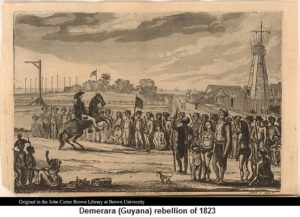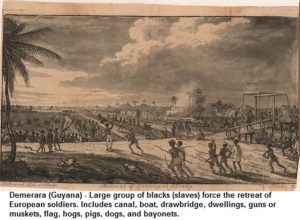Go Lean Commentary
10 Lessons from Canada’s History – #6 – Neighbor: Frienemy
What is a frienemy?
“Frenemy” (also spelled “frienemy”) is an oxymoron and a portmanteau of “friend” and “enemy” that refers to “a person with whom one is friendly, despite a fundamental dislike or rivalry” or “a person who combines the characteristics of a friend and an enemy”. – Wikipedia.
In the last submission in this series, it was established that “Yes, we can” succeed in competition with the US despite the dominance of the American hegemony.
Canada does!
They are the greatest example of a Frienemy, in their association with the US. They cooperate and they compete. The have beaten America in the past and continue to do so even today. Just look, at their recent victories here in the sporting world:
VIDEO – Canada beats USA in soccer for the first time in 34 years! – https://www.bttoronto.ca/videos/canada-beats-usa-in-soccer-for-the-first-time-in-34-years/
Canada wins 2-0 against USA in soccer and Kyle Lowry officially signs his contract extension with the Raptors.
In truth, all neighboring countries are in competition with the US, if only to retain their citizens from “taking their talents to South Beach“. So many of the Caribbean Diaspora have taken their talents to “South Beach, South Toronto or South London”. The economic impact of their absence has been duly noted in research and analysis and the conclusion is bad:
Caribbean loses over 70% of tertiary educated citizens to the brain drain
What more can we learn from Canada, from their turn-around of losing and ascent to a competitive super-power on their own?
Consider the history highlights here, (and the depictions in the Appendix VIDEO below):
While the United States of America got its start in 1776 – by declaring and fighting for freedom from Great Britain – Canada was not formed as a nation until 1867, almost 100 years later. During those “Bad Old Days”, they could only stand idly by and watch the US take … parts of Maine, Northwest Territory, Oregon Territory, etc.. The purpose of their 1867 Confederation was the uniform quest to: Stand its Ground against America.
They – Canada – got sick and tired of being “sick and tired” and finally developed the attitude to:
Refuse to lose – a commitment by a group or society to the values of quality, success and winning.
If we model Canada’s example and adopt this attitude then we too will believe that we can compete with the US and even be better. This is a theme in the 2013 book Go Lean…Caribbean; it serves as a roadmap for the Caribbean to be a better homeland to live, work and play. This commentary continues the series on the Refuse to Lose ethos; this is Part 5-of-6. The full series is cataloged as follows:
- Refuse to Lose: Lesson from Sports
- Refuse to Lose: Remediating ‘Columbus Day’
- Refuse to Lose: Introducing Formal Reconciliations
- Refuse to Lose: Despite American Expansionism
- Refuse to Lose: Canada’s Model of Ascent
- Refuse to Lose: Direct Foreign Investors Wind-Downs
It is the assertion of this series of commentaries that the Caribbean can win, despite American dominance. How can we win or “Refuse to Lose“? Among the many strategies, tactics and implementations embedded in the Go Lean roadmap is the goal to learn the lessons from Canada’s history.
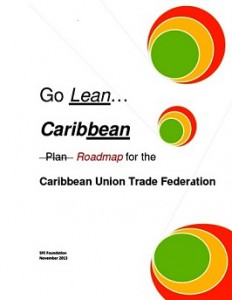
Among the 370-pages of the Go Lean book are the turn-by-turn instructions on “how” … to adopt new community ethos. The book presents the strategies, tactics, implementations and advocacies to execute so as to lose less often and win more. The book presented one advocacy on Lessons from Canada – their 150-Plus-years of history – entitled: 10 Lessons from Canada’s History; (Page 146). Consider some specific plans, excerpts and headlines from that advocacy in the book, here:
| 1 | Lean-in for the Caribbean Single Market This treaty calls for the confederation of the Caribbean region into a single market of 30 member-states and 42 million people, similar to the original 1867 confederation for Canada. The history of Canada synchronizes with the aspirations of the CU Trade Federation. In this Canadian context, confederation generally describes the political process that united the colonies in the 1860s and related events, and the subsequent incorporation of other colonies and territories. Today, Canada is a “G8” advanced economy, made up of 10 provinces and 3 territories, ranking among the largest in the world, due its abundant natural resources and well-developed trade networks, including one with the US, a long and complex relationship. Canada has been a Northern Star, as a guide and refuge to Caribbean hopes and dreams. |
| 2 | Confederation for Defense – Strength in Numbers The American Civil War caused security threats for Canada. The Union (US North) encouraged Irish immigration and sourced their Army (a million-man strong) with many Irish fighters. Since many Irish immigrants maintained animosity towards the British, there were documented cases of terroristic attacks against Canadian targets, i.e. the Fenian (an Irish Brotherhood) raids. This corresponded with the Little Englander philosophy, whereby Britain no longer wanted to maintain troops in its colonies.Confederation was therefore necessary to promote security for the related colonies of Ontario, Quebec, New Brunswick and Nova Scotia – amounting to a population of slightly over 2 million people |
| 3 | Multiple Cultural Legacies and Languages |
| 4 | Better than a Republic – (Civil War Lesson for a Technocracy) |
| 5 | Assuage Human Flight – Provide Alternative |
| 6 | Neighbor: Frienemy Despite the cooperation needed for the St. Lawrence Waterway – (see Appendix UA) – the stated US desire, doctrine of Manifest Destiny, was to govern the entire North American continent. The US had fought wars against English-Canada interests and many believed that the US would annex the other colonies governed directly by England, as the US acquired the Oregon Territory. These reasons provided the motivation for the initial Canadian Confederation to expand from coast-to-coast, and serve as a role-model for the CU to target the entire region of the Caribbean Sea geography. |
| 7 | Aboriginal Relations Need Local Governance |
| 8 | Mastering Natural Resources |
| 9 | Federal / Provincial Outsourcing |
| 10 | Population Concerns – Not enough Natural Growth Canada could not contend with the aging population (more retirees with fewer workers); they adapted a liberal immigration policy in the past decades and now their 2011 census counted 33,476,688, up over 6% in 5 years, and 20% over 20 years. The CU has the same challenge and needs its confederation to assuage the negative actuary equations. |
Canada has ascended – now a “G8” advanced economy country – despite being in the shadows of the US. We, in the Caribbean can ascend too.

The subject of the Canada’s role model have been addressed in many previous commentaries; consider this sample list here:
| https://goleancaribbean.com/blog/?p=15662 | Manifesting High-Tech Neighborhoods in Toronto, Canada |
| https://goleancaribbean.com/blog/?p=14954 | Overseas Workers – even to Canada – not an ideal solution |
| https://goleancaribbean.com/blog/?p=14541 | Viola Desmond – One Canadian Woman Made a Difference |
| https://goleancaribbean.com/blog/?p=14174 | Canada: “Follow Me” for Model on ‘Climate Change’ Action |
| https://goleancaribbean.com/blog/?p=13321 | ‘Pluralistic Democracy’ – Canada’s Model of a Multilingual Society |
| https://goleancaribbean.com/blog/?p=12369 | Canada @ 150 Years Old – Happy Canada Day 2017 |
| https://goleancaribbean.com/blog/?p=12322 | Canadian Model for Ferries: Economics, Security and Governance |
| https://goleancaribbean.com/blog/?p=9480 | 10 Things We Want from Canada and 10 Things We Do Not Want |
| https://goleancaribbean.com/blog/?p=6937 | Women in Politics – Canada’s Model of Political Equality |
| https://goleancaribbean.com/blog/?p=3694 | Jamaica-Canada employment program generate millions for economy |
| https://goleancaribbean.com/blog/?p=3582 | For Canadian Banks that Invest Regionally: Caribbean is a ‘Bad Bet’ |
| https://goleancaribbean.com/blog/?p=510 | Florida’s Chilly Welcome for Canadian Snowbirds – Bad Model |
In many ways, Canada has presented the ethos of Refuse to Lose to their American neighbors and have benefited as a result. They may not always win, but they Refuse to Lose and this makes them a better homeland in their pursuits of “life, liberty and happiness” and their overall goal to be a more harmonious society – a more perfect union.
We need that same Refuse to Lose ethos for the Caribbean Way Forward so that we can start winning. We have lose too much already. We hereby urge every Caribbean stakeholder to Refuse to Lose; this is how we will make our homeland a better place to live, work and play. 🙂
About the Book
The book Go Lean…Caribbean serves as a roadmap for the introduction and implementation of the technocratic Caribbean Union Trade Federation (CU), for the elevation of Caribbean society – for all member-states. This CU/Go Lean roadmap has these 3 prime directives:
- Optimization of the economic engines in order to grow the regional economy to $800 Billion and create 2.2 million new jobs.
- Establishment of a security apparatus to ensure public safety and protect the resultant economic engines.
- Improve Caribbean governance to support these engines, including a separation-of-powers between the member-states and CU federal agencies.
The Go Lean book provides 370-pages of turn-by-turn instructions on “how” to adopt new community ethos, plus the strategies, tactics, implementations and advocacies to execute so as to reboot, reform and transform the societal engines of Caribbean society.
Download the free e-Book of Go Lean … Caribbean – now!
Who We Are
The movement behind the Go Lean book – a non-partisan, apolitical, religiously-neutral Community Development Foundation chartered for the purpose of empowering and re-booting economic engines – stresses that reforming and transforming the Caribbean societal engines must be a regional pursuit. This was an early motivation for the roadmap, as pronounced in the opening Declaration of Interdependence (Pages 12 – 13):
xi. Whereas all men are entitled to the benefits of good governance in a free society, “new guards” must be enacted to dissuade the emergence of incompetence, corruption, nepotism and cronyism at the peril of the people’s best interest. The Federation must guarantee the executions of a social contract between government and the governed.
xvi. Whereas security of our homeland is inextricably linked to prosperity of the homeland, the economic and security interest of the region needs to be aligned under the same governance. Since economic crimes … can imperil the functioning of the wheels of commerce for all the citizenry, the accedence of this Federation must equip the security apparatus with the tools and techniques for predictive and proactive interdictions.
xxiv. Whereas a free market economy can be induced and spurred for continuous progress, the Federation must install the controls to better manage aspects of the economy: jobs, inflation, savings rate, investments and other economic principles. Thereby attracting direct foreign investment because of the stability and vibrancy of our economy.
Sign the petition to lean-in for this roadmap for the Caribbean Union Trade Federation.
————-
Appendix VIDEO – How the USA grew from 13 Colonies to 50 States – www.westgateschool.org/apps/video/watch.jsp?v=162718
Posted October 26, 2017 – Featuring archival footage and lively graphics, this informative, live-action program traces the expansion of the United States from 13 colonies to 50 states. Explores the stories behind the acquisitions of the different territories as well as the figures involved in each acquisition. The program covers the Louisiana Purchase, the Texas Annexation, the Gadsen Purchase and more, while helping to develop map-reading skills and an understanding of U.S. geography.



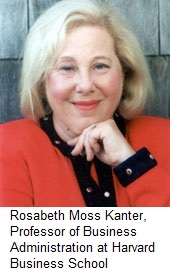 ——
—— See what we did there?
See what we did there?
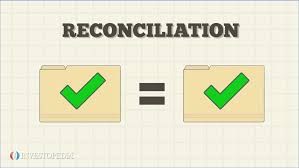 The Caribbean member-states need societal progress; so we must adopt new attitudes that shows that we recognize that old attitudes were bad. This is how we pursue the Greater Good. We want a Refusal to Lose, a Win-Win; we want most people to win and few to lose.
The Caribbean member-states need societal progress; so we must adopt new attitudes that shows that we recognize that old attitudes were bad. This is how we pursue the Greater Good. We want a Refusal to Lose, a Win-Win; we want most people to win and few to lose. Today is the Monday closest to October 12 – Day of Discovery by Christopher Columbus – so it is a day set aside as a Holiday in many places. But alas, there have been many communities that have remediated their historical appreciation for Christopher Columbus.
Today is the Monday closest to October 12 – Day of Discovery by Christopher Columbus – so it is a day set aside as a Holiday in many places. But alas, there have been many communities that have remediated their historical appreciation for Christopher Columbus.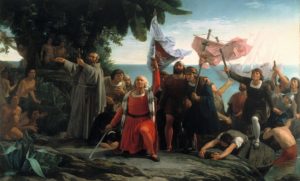
 The United States of America had been a majority White (European) country for its
The United States of America had been a majority White (European) country for its  ‘Winning and Losing’ is a reality in life …
‘Winning and Losing’ is a reality in life …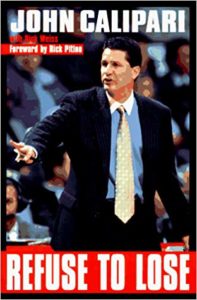
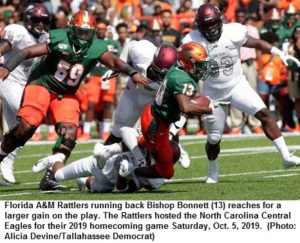
 Education is all the rage for elevating individuals in society … to be more prosperous, to earn more and have a better life. This is why we send children to school starting at Age 5; and encourage them to work hard and do their homework …
Education is all the rage for elevating individuals in society … to be more prosperous, to earn more and have a better life. This is why we send children to school starting at Age 5; and encourage them to work hard and do their homework … “Of the many factors holding back young home buyers … none looms larger than the recent explosion of college debt”.
“Of the many factors holding back young home buyers … none looms larger than the recent explosion of college debt”.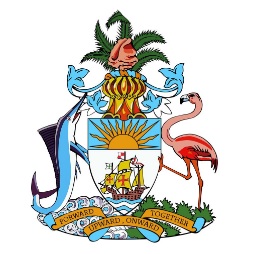 This Caribbean community should now be saying: “Give me my money!”
This Caribbean community should now be saying: “Give me my money!”

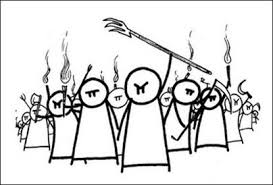


 The need for justice can never be undermined, undervalued or questioned.
The need for justice can never be undermined, undervalued or questioned.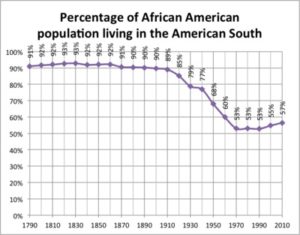 … the movement of 6 million
… the movement of 6 million 
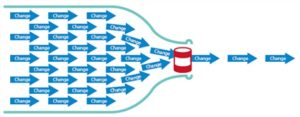
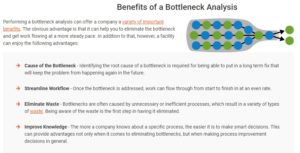
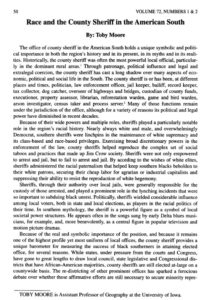
 We gotta eat!
We gotta eat!
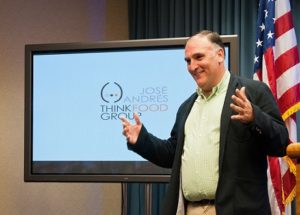
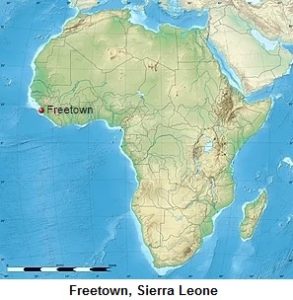 We just completed a special series of blog-commentaries for the month of August 2019, commemorating and commiserating the “400 Years of African Slavery” on the American mainland. Yes, slavery started in America in August 1619, and we are now at a pivotal anniversary; but this is not an occasion to be proud. This was NOT America’s finest moment.
We just completed a special series of blog-commentaries for the month of August 2019, commemorating and commiserating the “400 Years of African Slavery” on the American mainland. Yes, slavery started in America in August 1619, and we are now at a pivotal anniversary; but this is not an occasion to be proud. This was NOT America’s finest moment.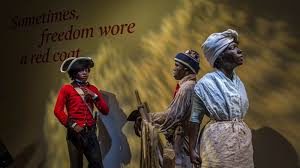 This history set the stage for the Greatest Story Never Told …
This history set the stage for the Greatest Story Never Told …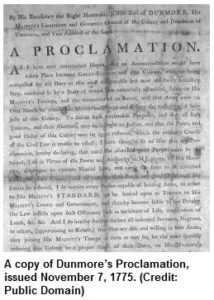
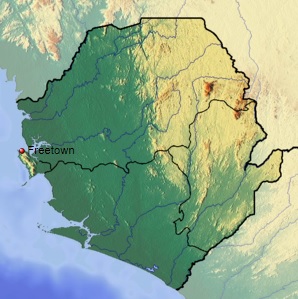 Harry had been born in
Harry had been born in 